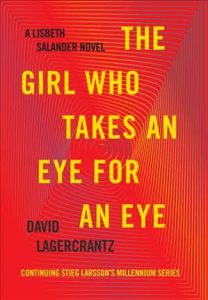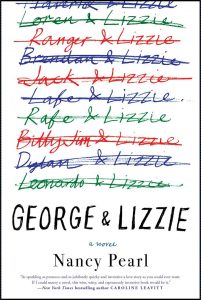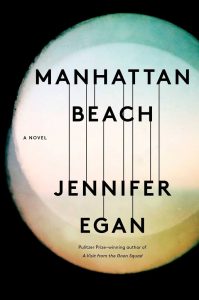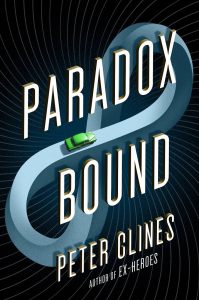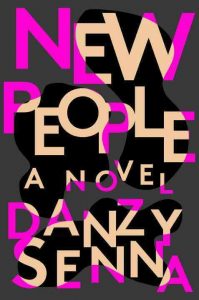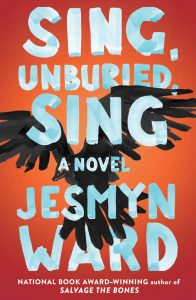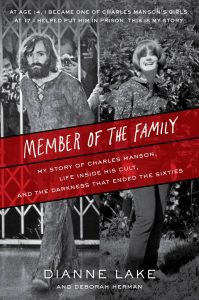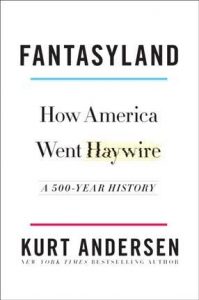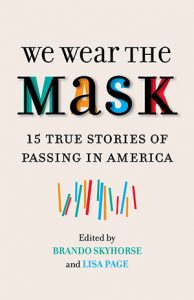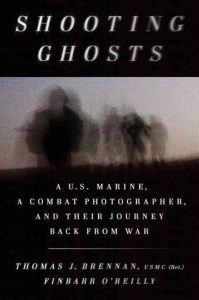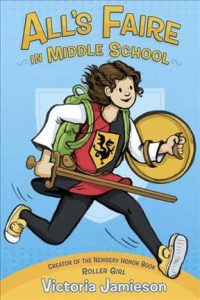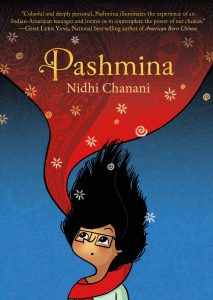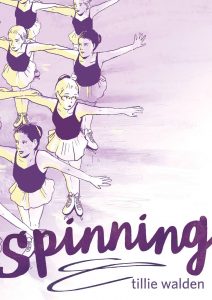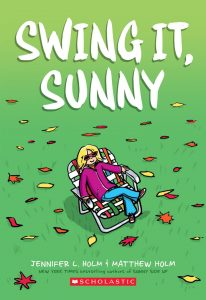by John Jewitt, Manager, Social Science and History Department
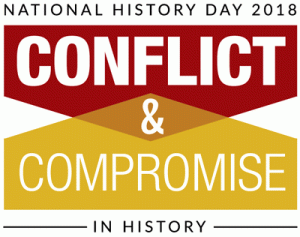 A National History Day project is a great opportunity to work on an extended piece of research, and to study a topic that you’re interested in and excited about. It is also a great opportunity to look for support from your library. We can help you to generate ideas, to narrow down your topic choice, and of course to find the resources that you’ll need to do your research.
A National History Day project is a great opportunity to work on an extended piece of research, and to study a topic that you’re interested in and excited about. It is also a great opportunity to look for support from your library. We can help you to generate ideas, to narrow down your topic choice, and of course to find the resources that you’ll need to do your research.
The 2018 History Day theme is Conflict and Compromise. There are lots of different ways to think about the theme. Small, local events can create conflict and be ended with compromise, and of course much larger, international events suit this theme too. Some conflicts don’t end in compromise, and sometimes a compromise is what it takes to avoid a conflict. As you begin your research, remember that you could be working on this project for much of the school year, so take some time to choose a topic that you’re interested in. This is also the best time to make sure that you’re choosing something that is well-documented, with resources that you can access easily.
 We’re ready to help you to get started with your research, and there are lots of ways that you can access our collection. As a first step, why not take a look at our research guide online. You can contact Library departments and branches by telephone or e-mail to ask about our unique resources and special collections. In addition, view or print our National History Day Resources at the Maryland State Library Resource Center guide (PDF) to see some of NHD’s suggested sample topics matched to department specialties & resources.
We’re ready to help you to get started with your research, and there are lots of ways that you can access our collection. As a first step, why not take a look at our research guide online. You can contact Library departments and branches by telephone or e-mail to ask about our unique resources and special collections. In addition, view or print our National History Day Resources at the Maryland State Library Resource Center guide (PDF) to see some of NHD’s suggested sample topics matched to department specialties & resources.
Don’t forget about newspapers and magazines from the time that you’re researching. They’re often a great source of information, and a really great way to research different opinions about your topic. You can often view the full-text article online through one of our newspaper databases, and save or print a copy. Visit the library to take a look at our extensive collections of journals and magazines in print. Call ahead to the Periodicals Department for help finding articles about your topic.
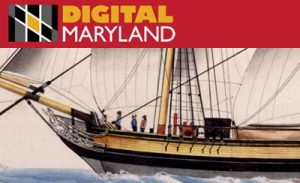 There’s lots of great information available online. Outside the library, use your library card number and PIN to access databases including Heritage Quest, History Reference Center, and Explora. For more detailed scholarly articles about your topic, visit the Pratt Library to access journal articles and book reviews in J-STOR. We have also collected some great information from across the web & compiled a series of History Web-Guides, including several primary source guides. If you would like to work on a unique and local topic, or explore the local events that relate to a larger national story, take a look at the primary sources in the Digital Maryland collection.
There’s lots of great information available online. Outside the library, use your library card number and PIN to access databases including Heritage Quest, History Reference Center, and Explora. For more detailed scholarly articles about your topic, visit the Pratt Library to access journal articles and book reviews in J-STOR. We have also collected some great information from across the web & compiled a series of History Web-Guides, including several primary source guides. If you would like to work on a unique and local topic, or explore the local events that relate to a larger national story, take a look at the primary sources in the Digital Maryland collection.
For in-person help, make a connection with librarians who can support your research. First, simply visit any branch and ask for help. For an overview of the research process, attend our National History Day Research class at the Roland Park Branch on Wednesday October 4, at 4 p.m. or 6.30 p.m. For detailed 1-on-1 support, call (410) 396-5320 or email ssh@prattlibrary.org to make a free one-hour 1-on-1 Coaching appointment at the Central Library for you or your group. A subject specialist can help you to narrow your topic, find primary sources, get your research started, or review your final project. Appointments continue through December. If you are a teacher, get in touch! Library staff can come to your classroom, or you can bring your class to the library to tour the building, review sources and learn about research.
We can help you even after hours when the library building is closed. Connect with a librarian 24/7 through the Maryland AskUsNow! chat-reference service for National History Day assistance whenever you need it. There are lots of ways that we can help, and we’re looking forward to hearing from you!
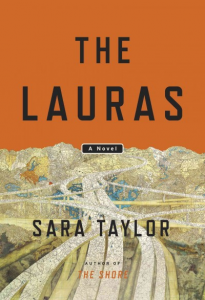
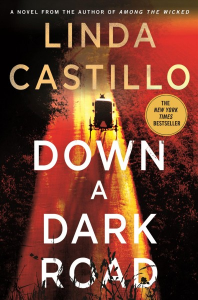
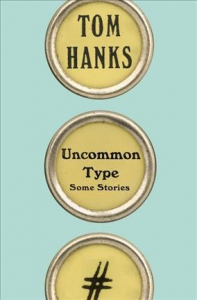
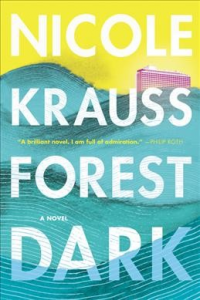
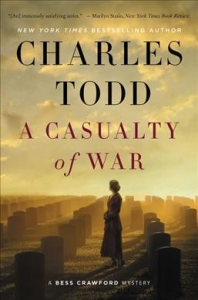
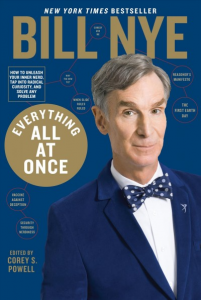

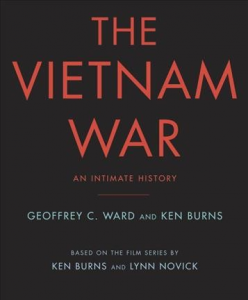
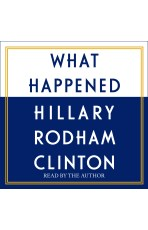
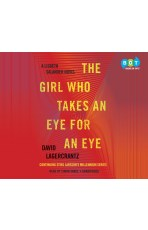
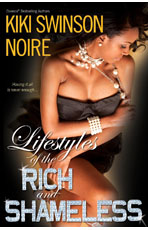
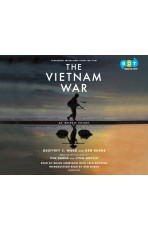
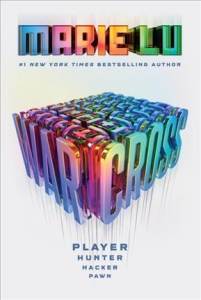
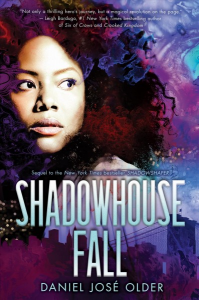
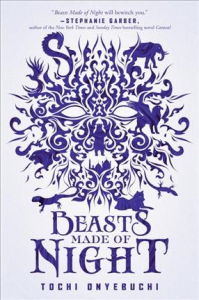
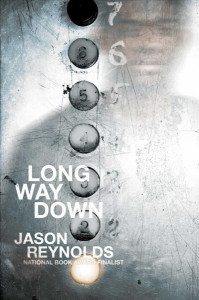
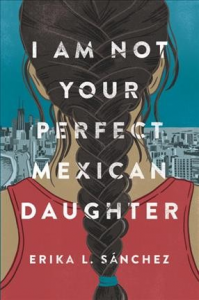
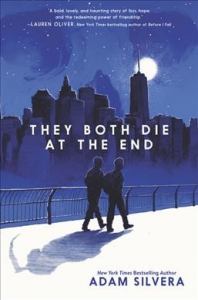
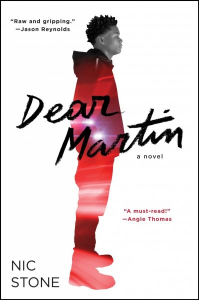
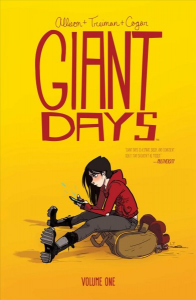
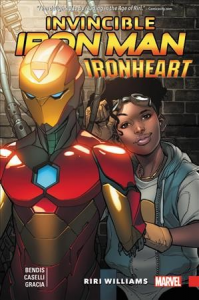
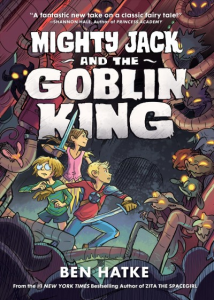
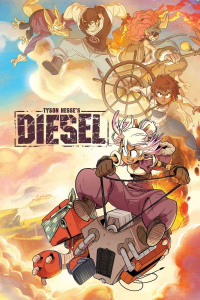
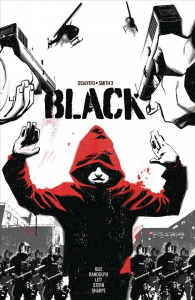
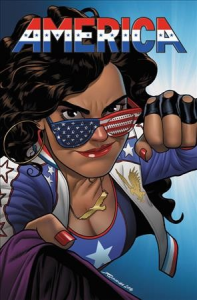
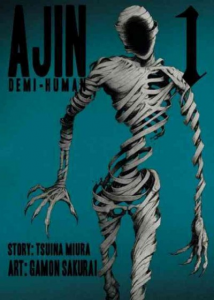
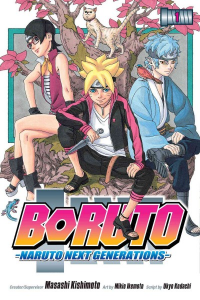
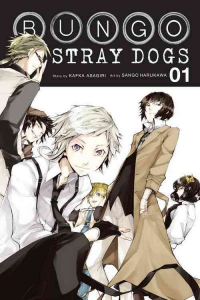
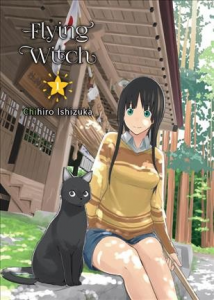
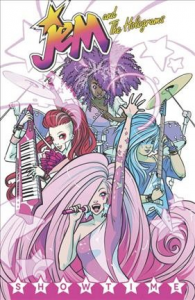
 A National History Day project is a great opportunity to work on an extended piece of research, and to study a topic that you’re interested in and excited about. It is also a great opportunity to look for support from your library. We can help you to generate ideas, to narrow down your topic choice, and of course to find the resources that you’ll need to do your research.
A National History Day project is a great opportunity to work on an extended piece of research, and to study a topic that you’re interested in and excited about. It is also a great opportunity to look for support from your library. We can help you to generate ideas, to narrow down your topic choice, and of course to find the resources that you’ll need to do your research. We’re ready to help you to get started with your research, and there are lots of ways that you can access our collection. As a first step, why not take a look at our
We’re ready to help you to get started with your research, and there are lots of ways that you can access our collection. As a first step, why not take a look at our There’s lots of great information available online. Outside the library, use your library card number and PIN to
There’s lots of great information available online. Outside the library, use your library card number and PIN to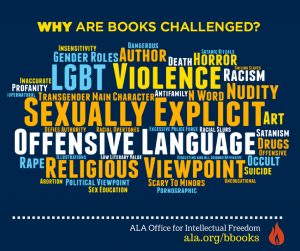 Have you ever read a book simply because someone forbade you from reading it? My hometown library system in New York issued different cards according to age; the children’s card could only be used in the children’s department. Luckily, my mother let me use her “adult” card to check out any book, no questions asked. This was how I read way too many of Stephen King’s books before turning thirteen. More importantly, this also instilled a sense of inquisitiveness and a love of research and reading, characteristics I’ve carried into adulthood.
Have you ever read a book simply because someone forbade you from reading it? My hometown library system in New York issued different cards according to age; the children’s card could only be used in the children’s department. Luckily, my mother let me use her “adult” card to check out any book, no questions asked. This was how I read way too many of Stephen King’s books before turning thirteen. More importantly, this also instilled a sense of inquisitiveness and a love of research and reading, characteristics I’ve carried into adulthood.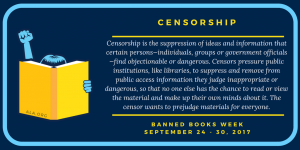 However, censorship of ideas through banning books (and the act of reading itself) has long been used as a tool of oppression, asserting control by denying others the freedom to read without restriction. In 1974, an administrator at a Wisconsin public school
However, censorship of ideas through banning books (and the act of reading itself) has long been used as a tool of oppression, asserting control by denying others the freedom to read without restriction. In 1974, an administrator at a Wisconsin public school 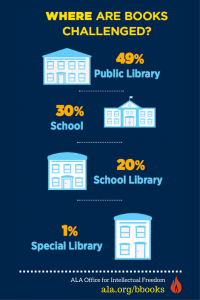 How do libraries decide if a controversial book should be added — or remain in — their collection? Many libraries develop policies guiding the types of materials they keep on their shelves. You can read our materials selection policy,
How do libraries decide if a controversial book should be added — or remain in — their collection? Many libraries develop policies guiding the types of materials they keep on their shelves. You can read our materials selection policy, 